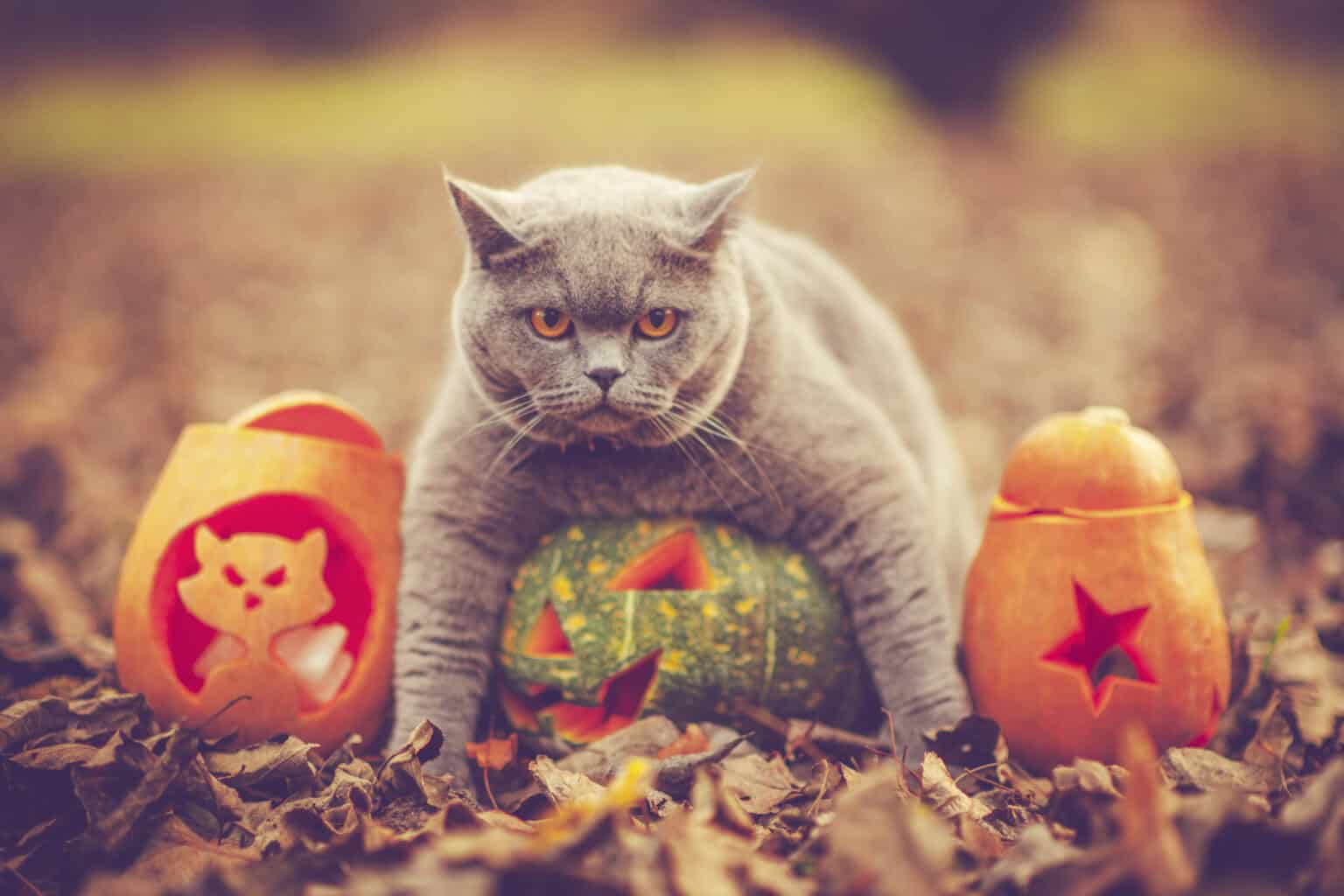Phone: (512) 263-9292
Address: 11817 Bee Caves Road, Austin, TX 78738
Email: info@mybeevet.com

Phone: (512) 263-9292
Address: 11817 Bee Caves Road, Austin, TX 78738
Email: info@mybeevet.com
